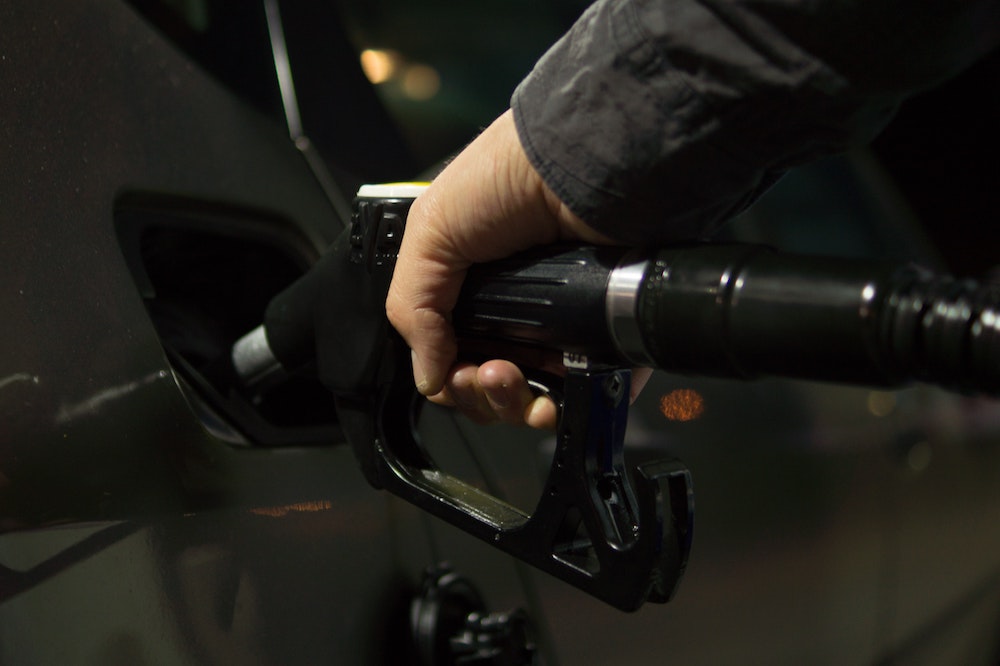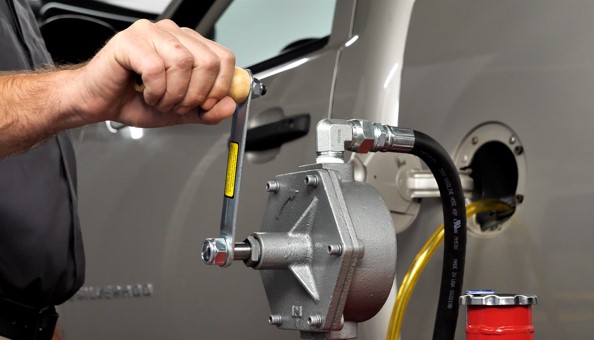Fuel-related repairs are common in most auto repair shops.
When your technician services or replaces a fuel pump, they may have to drain and/or remove the gas tank. If this is not done properly, the employee, others in the shop, and your business could be in danger.
Here are the best safety practices for handling fuel-related repairs to make your shop more efficient.
What are the Best Ways to Handle Fuel-Related Repairs?
Vapors are the biggest threat when dealing with fuel. They can travel through the shop and easily ignite by a spark from a tool, a drop light, an extension cord, or a lit cigarette. That's why it's important to be aware of ignition sources and handle the removal and storage of fuel correctly.
Monitoring Ignition Sources
When performing a fuel-related repair, make sure there's proper ventilation or do the work outside if you can. Enforce a no-smoking policy with posted signs in several areas. Replace incandescent lights with fluorescent or LED lights. Do not allow welding or grinding within 20 feet of the work area. Keep multiple fire extinguishers on hand in the shop.
Removing & Storing Fuel
First off, make sure only skilled and trained employees complete fuel-related repairs. Before work begins, drain the gas tank, relieve the fuel system pressure, and disconnect the battery. Use a UL-listed portable pump and storage tank to safely remove and store fuel.
Only store drained gasoline from the tank in approved containers and never use an open container. If you need to remove the gas tank, use a transmission jack with a fuel tank adapter and ensure the tank is properly secured to the fuel tank adapter.

Following OSHA Requirements
As an employer, it's your job to protect your employees from workplace hazards by providing training in the proper methods of handling gasoline, according to OSHA Regulation 1910.106-Flammable and Combustible Liquids.
You must also provide OSHA-approved equipment. Companies who make fuel equipment—such as fuel caddies—must rigorously test their products for leakage, rupture, stability, abuse, and endurance to meet these requirements.
By focusing on ignition sources, removal and storage of fuel, and OSHA regulations, you'll be able to maintain a safe work environment.
JDI Equipment has a range of fuel-handling products, including OSHA-approved fuel caddies. Check them out in our Fuel Handling Showroom.
